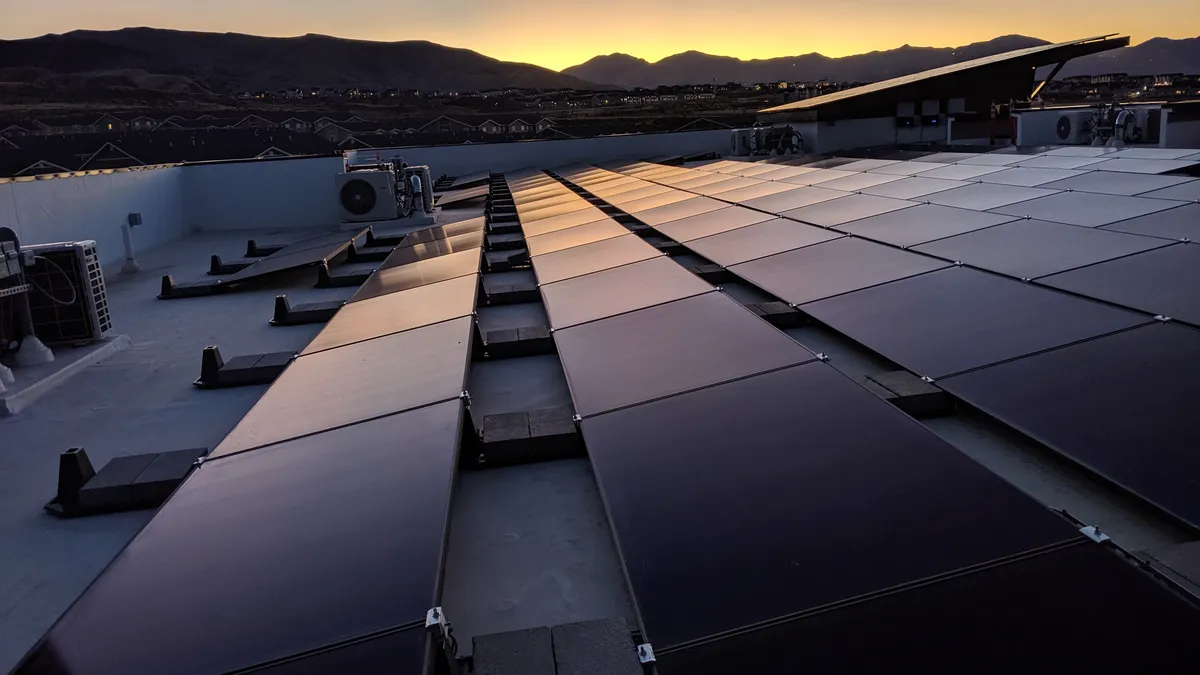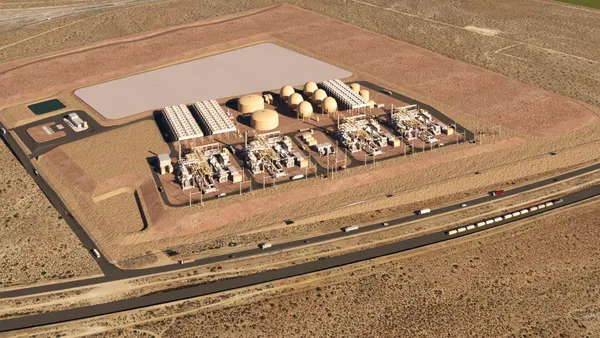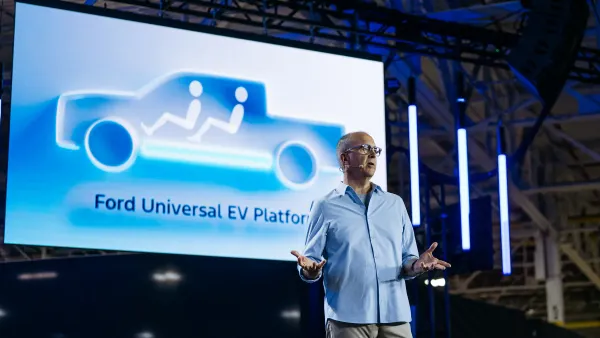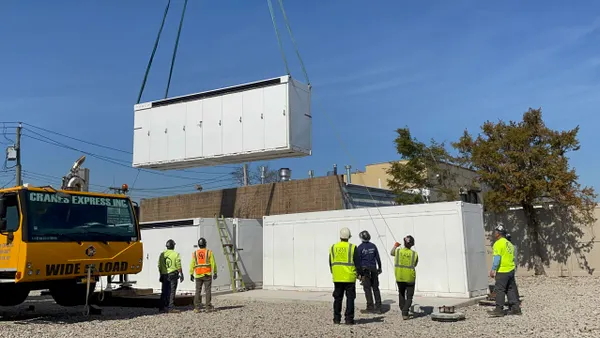Dive Brief:
- Facebook announced last week that it has launched the Open Catalyst Project with Carnegie Mellon University's Department of Chemical Engineering to use artificial intelligence (AI) "to accelerate quantum mechanical simulations by 1,000x in order to discover new electrocatalysts needed for more efficient and scalable ways to store and use renewable energy."
- Facebook research scientist Larry Zitnick wrote in an Oct. 14 blog post that "the research has the potential to significantly accelerate the global shift toward renewable energy, removing the high costs associated with current electrocatalysts, providing a scalable alternative to expensive storage technologies like batteries, and supplying clean and sustainable power the world over."
- As part of the project, Facebook AI and Carnegie Mellon released a dataset on Thursday "to serve as a foundation for future research."
Dive Insight:
Artificial intelligence is being used for a broad range of power sector applications, from predictive maintenance for utilities to enhancing cybersecurity. In this case, it's being applied to computationally-intense tasks for basic research.
According to Zitnick, large-scale deployment of lithium-ion batteries "for days or weeks or reserve power ... is prohibitively expensive." And a more scalable solution to leveraging wind and solar energy for future use — converting excess amounts into other fuels like hydrogen — uses methods that "are inefficient or rely on rare and expensive electrocatalysts like platinum, limiting their practicality."
The goal of the new project, he wrote, "is to discover low-cost catalysts to drive these chemical reactions."
"To achieve this, we are developing AI that will accurately predict atomic interactions dramatically faster than the compute-heavy simulations scientists rely on today," he continued.
As part of the initiative, Facebook released the Open Catalyst (OC20) 2020 data set to allow the broader scientific community to participate in the research.
"The OC20 data set is a significant step forward in enabling approaches across a much broader set of new materials and chemistry," Zitnick wrote.
"Discovering catalysts is an arduous process," he continued, noting that researchers could expect to "try three or four possible catalyst compositions per year by hand using standard synthesis methods" and 40,000 simulations per year with quantum mechanical tools and a modern computer laboratory.
But even tens of thousands of simulations are insufficient for the scope of the problem, he noted.
"Assuming catalysts are created from up to three of the 40 known metals, there are nearly 10,000 combinations of elements — but each combination must then be tested by adjusting the ratios or configurations of elements, at which point the possibilities expand into the billions," Zitnick wrote.
"Our goal is to enable researchers to screen billions of possible catalysts per year ... leveraging artificial intelligence to instead approximate" quantum mechanical simulation tools like density functional theory.
Zitnick emphasized the collaborative nature of the project.
"We are determined to enable the community to build on our work and developments in an effort to advance the state of the art as quickly as possible. The Open Catalyst Project is committed to sharing our future AI models, baselines, and evaluation metrics, as well as any future data sets we create," he wrote.














